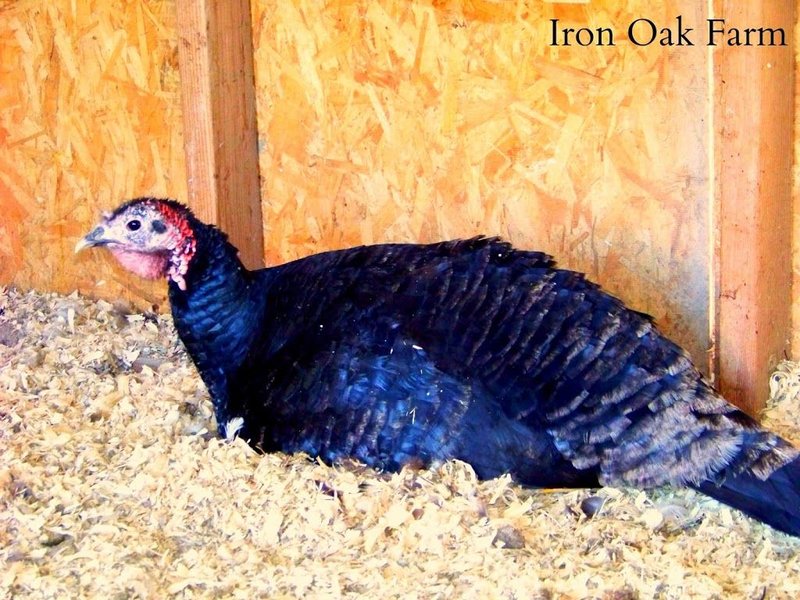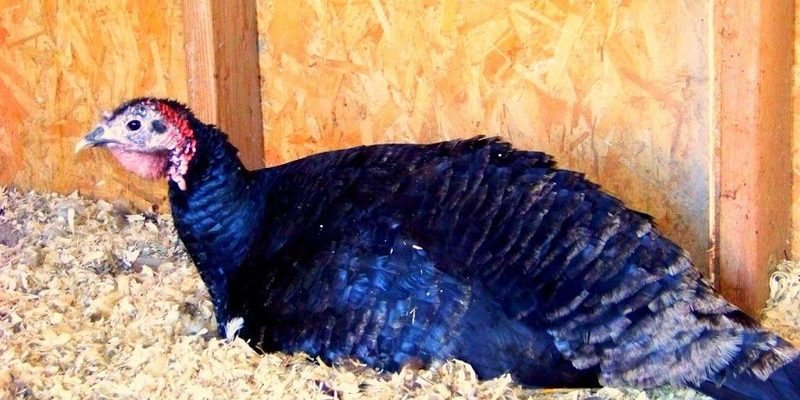
Turkeys are not just here for the holidays; they have their own life cycles and reproductive habits. Their egg-laying patterns can be a bit different from what you might expect from more common poultry like chickens. So, let’s dive into this topic—think of it like peeling back the layers of a delicious onion, revealing more about these intriguing birds as we go.
Understanding Turkey Breeds and Egg Laying
You might be wondering, do all turkeys lay eggs the same way? Well, the answer is no! There are different breeds of turkeys, and their egg-laying habits can vary widely. Let’s break it down.
Some common breeds include the Broad Breasted White and the Heritage breeds like the Bourbon Red or Narragansett. Broad Breasted Whites are primarily raised for meat, and they don’t lay eggs as frequently as their feathered friends in the heritage category. On the other hand, heritage breeds are known for being good layers. They can produce anywhere from 50 to 100 eggs per year, depending on the specific breed.
When you’re choosing a turkey for egg production, consider the breed carefully. Think about why you want turkeys; if it’s for the eggs, leaning towards those heritage types will give you better results.
How Many Eggs Do Turkeys Lay? A Closer Look
So, how frequently do turkeys actually lay eggs? Well, turkeys typically lay eggs in the spring and summer. If conditions are right, a hen can lay an egg roughly every 24 to 30 hours. Keep in mind that this is influenced by factors like age, health, and breed.
During their peak laying season, it’s not uncommon for a hen to produce 15 to 20 eggs in a clutch. Once she’s laid this number, she usually starts incubating them. This is different from chickens, who can continue laying even while sitting on eggs. Turkeys tend to focus on the brood after they’ve laid enough.
If you’re considering breeding turkeys, it’s essential to know their reproductive cycle. Factor in the seasons and the time it takes for the eggs to hatch—about 28 days—and you’ll better understand the rhythm of turkey egg-laying.
Care During the Laying Season
Taking care of your turkeys when they’re laying eggs is crucial. It’s not just about leaving them to it. Here are some essential tips to ensure they’re happy and healthy:
– Nutrition: Providing a balanced diet is vital. Make sure your turkeys have access to high-quality feed that contains protein, vitamins, and minerals. This helps them lay strong eggs and keeps them healthy.
– Environment: Create a cozy, safe space for your hens to lay their eggs. A clean nesting box filled with straw or grass will encourage them to lay without stress. If they feel safe and comfortable, they’ll be more productive.
– Monitor Health: Keep an eye on their health as well. Watch for any signs of illness or distress, as this can affect their laying capabilities. Regular vet check-ups can go a long way in keeping your flock happy.
By providing good care, you’ll increase the likelihood of getting those eggs you’re after.
Incubation: Once the Eggs Are Laid
After your turkey has laid her eggs, the next step is incubation. This is where the magic happens. Here’s what you need to know about this phase:
Once a hen lays her clutch, she instinctively begins to sit on them. This helps keep the eggs warm and provides the necessary humidity for hatching. For the best results, a turkey should not be disturbed during this period. The sitting process usually lasts about 28 days.
If you’re using an incubator instead of letting the hens do their thing, ensure it maintains a steady temperature of around 99 to 101 degrees Fahrenheit and a humidity level of 45 to 55%. It may sound like a lot, but keeping an eye on these conditions will pay off when the chicks finally hatch!
Remember, whether you’re using a turkey to incubate or an artificial incubator, patience is key. The excitement builds as the days go by, and soon little chicks will break free, ready to explore the world.
Challenges in Turkey Egg Production
Of course, raising turkeys isn’t all sunshine and roses. You might face challenges along the way, especially regarding egg production. Here’s what to look out for:
– Seasonal Laying: Turkeys lay eggs mainly in warmer months. Once autumn comes, the production usually slows down. This means planning is essential if you want a year-round supply.
– Fertility Issues: Sometimes, a turkey hen won’t lay eggs due to fertility problems. If you’re breeding them, ensure you have a healthy male (tom) in your flock. Without a robust male, the eggs will not be fertilized.
– Health Problems: Just like any farm animal, turkeys can face health struggles. Diseases or parasites can affect their laying. Regular health checks and vaccinations can save you a lot of trouble.
Being aware of these challenges can help you prepare and ensure a successful breeding experience.
Why Turkey Eggs Matter
You might be thinking, “Why should I care about turkey eggs?” Honestly, there are a few compelling reasons:
– Nutritional Value: Turkey eggs are generally larger than chicken eggs and packed with nutrients. They have higher protein content and can be a great addition to a balanced diet.
– Unique Flavors: If you’ve ever had the chance to try them, turkey eggs are often described as having a richer flavor than chicken eggs. This makes them a special treat in culinary dishes.
– Sustainability: Raising turkeys for both meat and eggs can be a sustainable choice. They require less feed per egg produced than some other poultry, making them a smart option for homesteaders and sustainable farmers.
So, not only do turkey eggs provide food for your family, but they also contribute to a more sustainable lifestyle.
In the world of poultry, turkeys are fascinating animals that offer more than just Thanksgiving memories. Understanding how often turkeys lay eggs and the nuances of turkey breeding can help you make informed choices if you decide to raise them. From proper care to incubation practices, every step plays a vital role in successful turkey breeding.
Whether you’re looking to enjoy some delicious turkey eggs, create a sustainable homestead, or simply learn something new, embracing turkey breeding can be a rewarding experience. So, why not dive in and explore the world of turkeys? You might just find yourself captivated by these intriguing birds.

